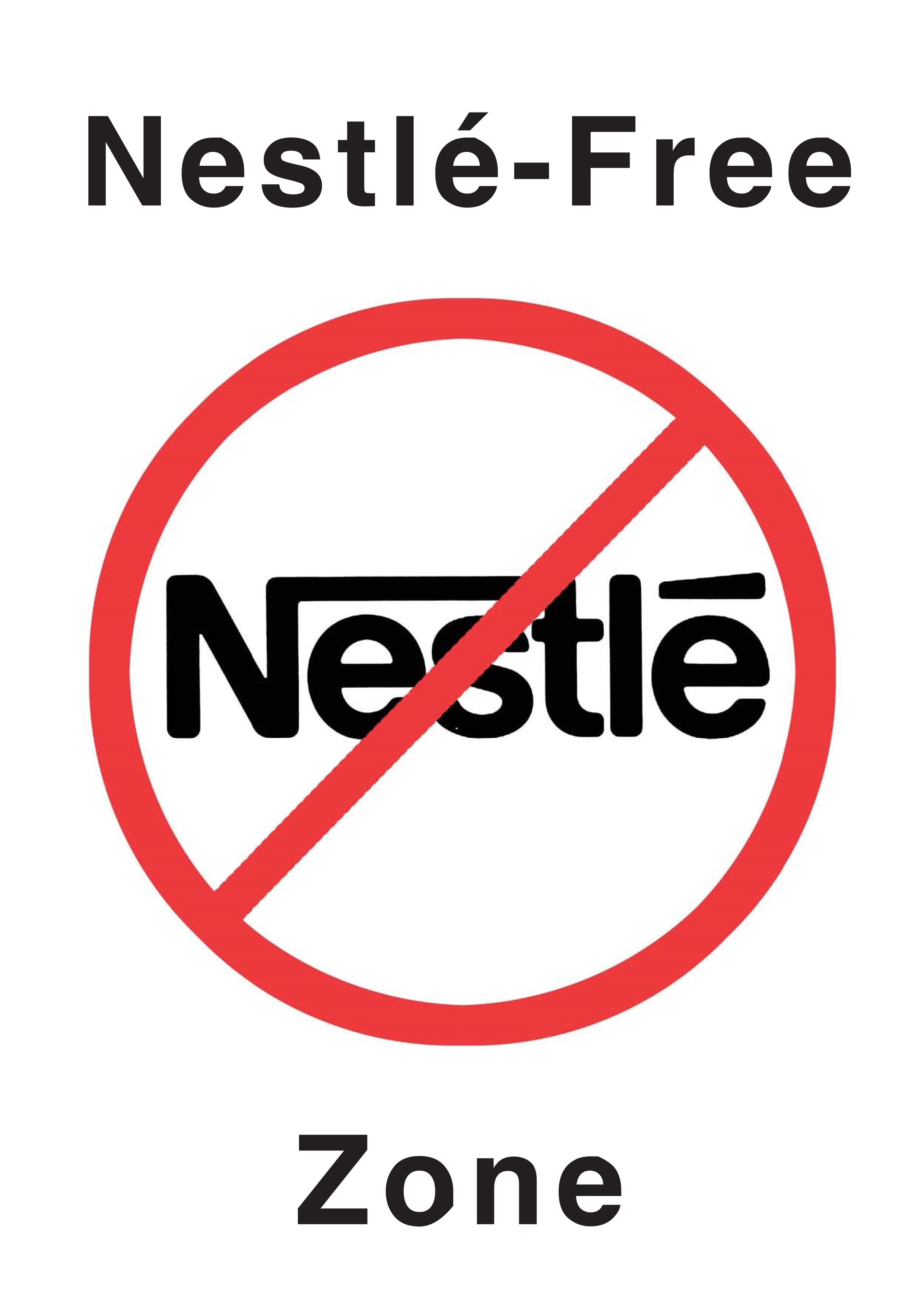Breastfeeding Challenges: ACOG Committee Opinion, Number 820
Breastfeeding Challenges: ACOG Committee Opinion, Number 820. Obstet Gynecol. 2021 Feb 1;137(2):e42-e53.
Abstract
Breastfeeding is associated with a decrease in a woman's risk of breast cancer, ovarian cancer, diabetes mellitus, and hypertensive heart disease. Breastfeeding initiation rates in the United States are increasing, and many women are aware of the maternal and infant health benefits of breastfeeding. However, problems may arise that can keep women from achieving their breastfeeding goals, and only 25% of women in the United States are breastfeeding exclusively at 6 months. Many women experience early and undesired weaning because of persistent pain or nipple injury. A focused history and physical examination are essential to help obstetrician-gynecologists and other obstetric care professionals distinguish the specific cause of their patients' pain and determine appropriate treatment.

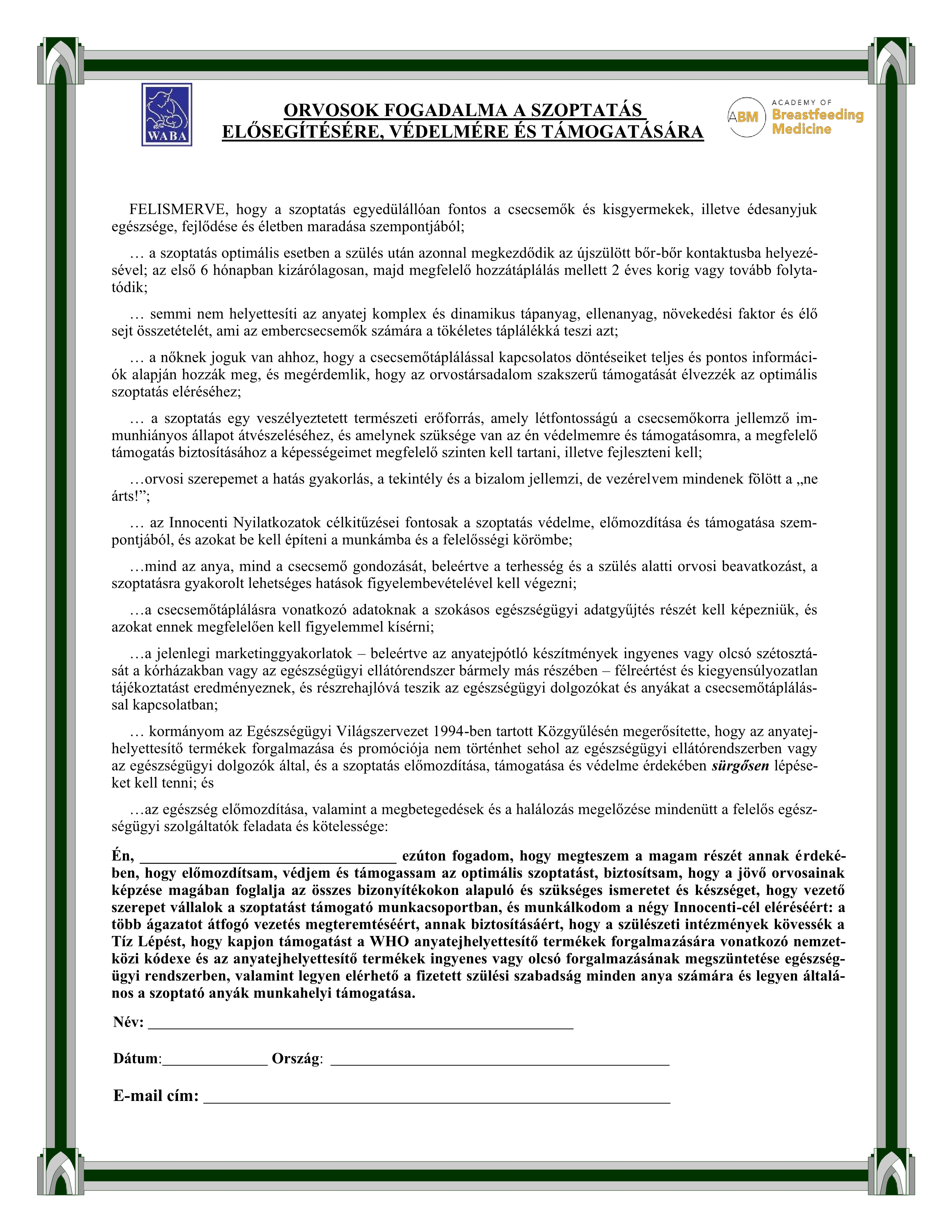 Elismerve az orvosok kiemelt szerepét a szoptató anyák támogatásában, a
Elismerve az orvosok kiemelt szerepét a szoptató anyák támogatásában, a 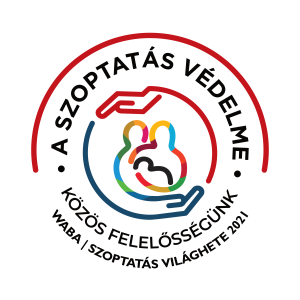 A Szoptatás Világhetét 1992 óta ünnepeljük minden év augusztus 1–7. között a World Alliance for Breastfeeding Action (Fellépés a Szoptatásért Világszövetség, WABA) kezdeményezésére. A Szoptatás Világhetének kezdőnapja az
A Szoptatás Világhetét 1992 óta ünnepeljük minden év augusztus 1–7. között a World Alliance for Breastfeeding Action (Fellépés a Szoptatásért Világszövetség, WABA) kezdeményezésére. A Szoptatás Világhetének kezdőnapja az 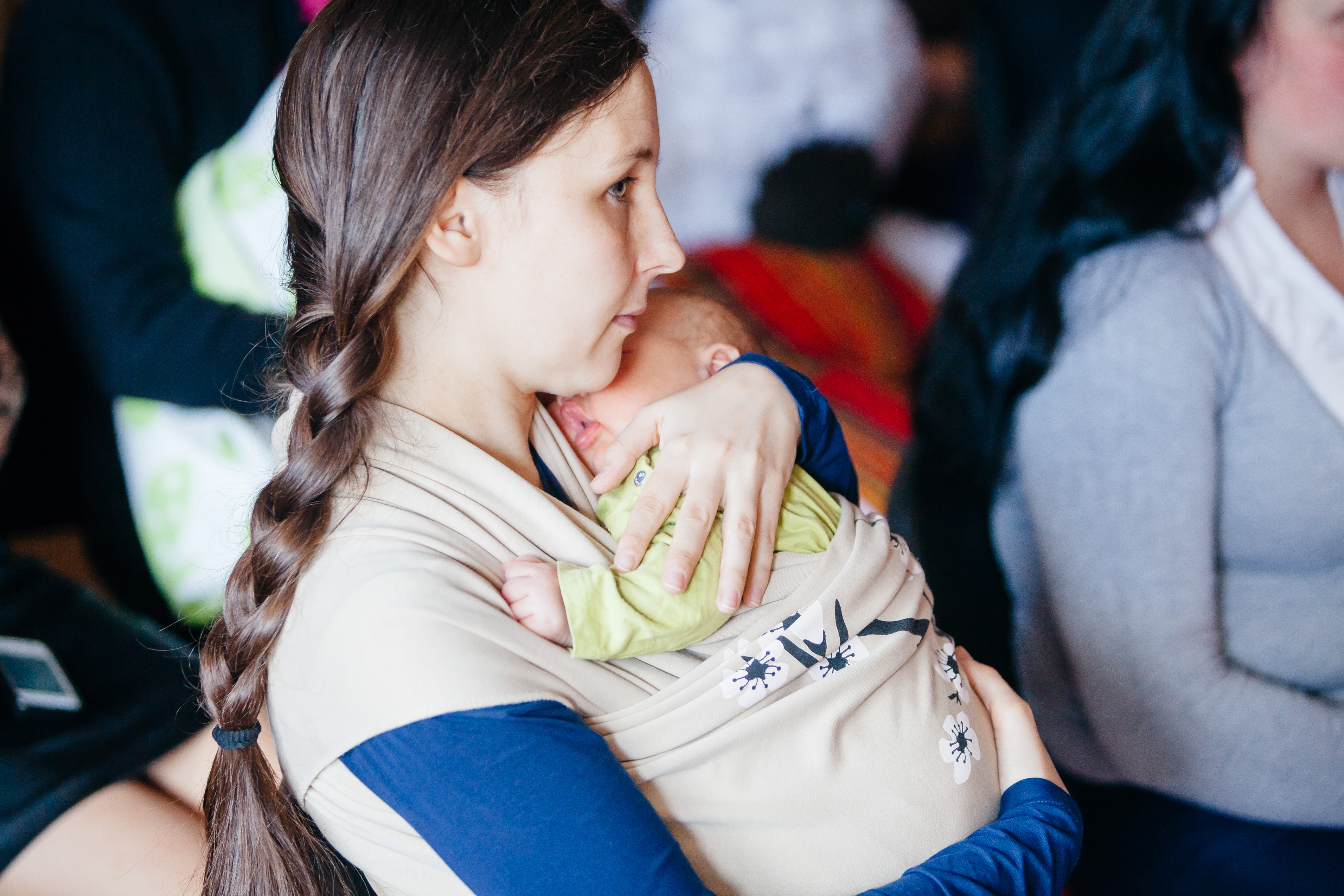 Az alábbiakban összegyűjtöttük a járványhelyzet idején is elérhető, a kismamák és kisgyermekes édesanyák érdeklődésére számot tartó, támogató csoportokat. A lista folyamatosan bővül.
Az alábbiakban összegyűjtöttük a járványhelyzet idején is elérhető, a kismamák és kisgyermekes édesanyák érdeklődésére számot tartó, támogató csoportokat. A lista folyamatosan bővül.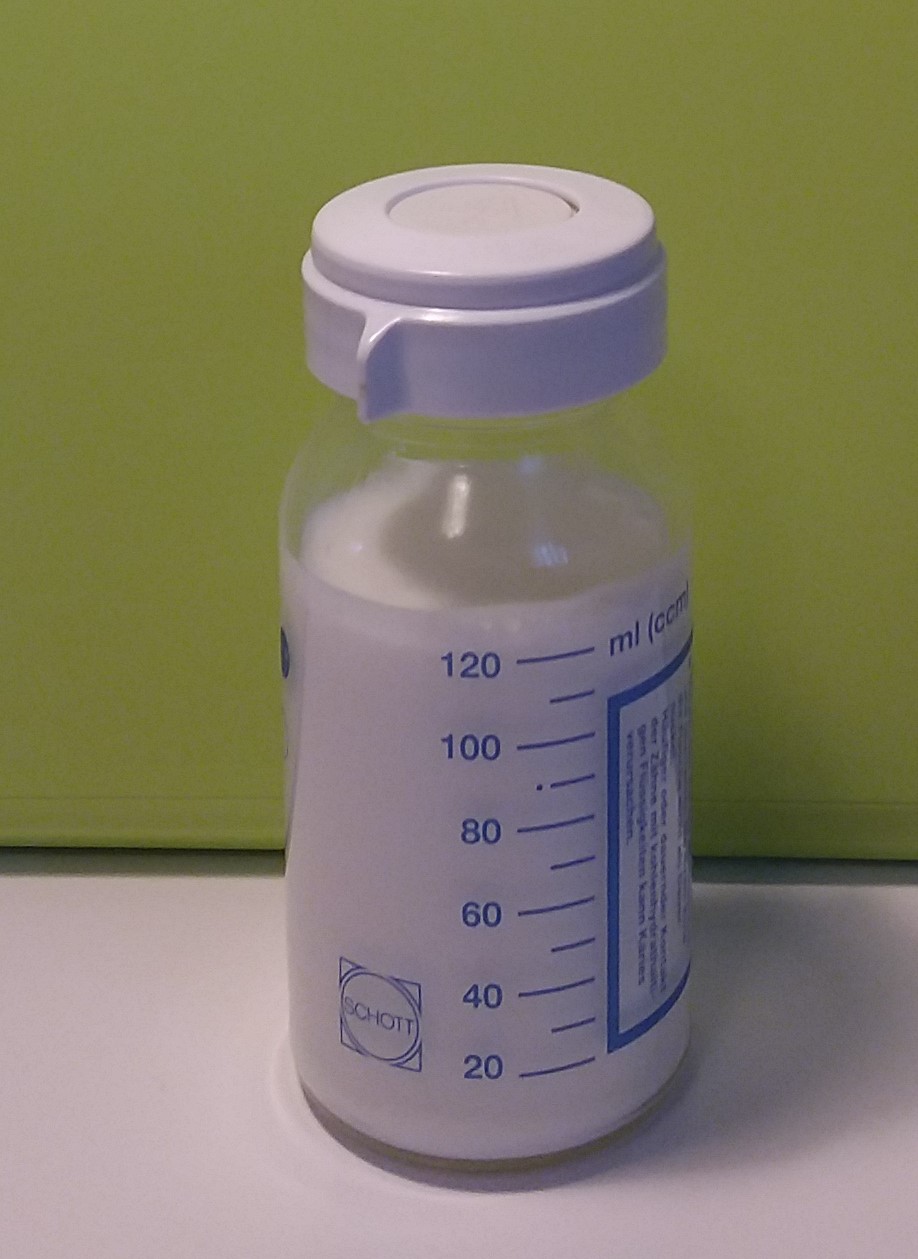 A szakmai szervezetek ajánlása, hogy a COVID-19 fertőzött vagy fertőzésre gyanús édesanyát és újszülöttjét ne különítsék el egymástól. Az anyát és az újszülöttet közös szobában kell elhelyezni és támogatni a közvetlenül mellből történő szoptatást.
A szakmai szervezetek ajánlása, hogy a COVID-19 fertőzött vagy fertőzésre gyanús édesanyát és újszülöttjét ne különítsék el egymástól. Az anyát és az újszülöttet közös szobában kell elhelyezni és támogatni a közvetlenül mellből történő szoptatást. Augusztus első hetében a szoptatást ünnepeljük világszerte. 2020-ban rendhagyó módon, hiszen az ilyenkor aktuális közösségi rendezvények a vírus miatt vagy elmaradnak vagy online felületekre költöznek. A Szoptatás Világhete alkalmából Sződy Judittal, az Uzsoki Utcai Kórház laktációs szaktanácsadójával beszélgettünk arról, hogy milyen szoptatási nehézségekkel találkozhat egy édesanya.
Augusztus első hetében a szoptatást ünnepeljük világszerte. 2020-ban rendhagyó módon, hiszen az ilyenkor aktuális közösségi rendezvények a vírus miatt vagy elmaradnak vagy online felületekre költöznek. A Szoptatás Világhete alkalmából Sződy Judittal, az Uzsoki Utcai Kórház laktációs szaktanácsadójával beszélgettünk arról, hogy milyen szoptatási nehézségekkel találkozhat egy édesanya.